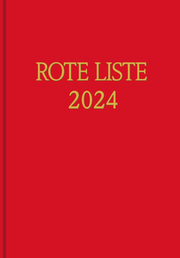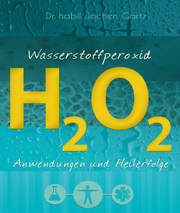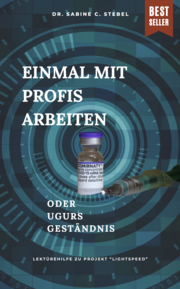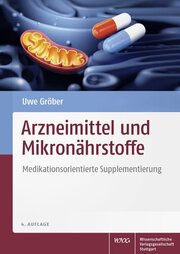Encyclopedia of Molecular Pharmacology
Erschienen am
14.08.2008
Bibliographische Informationen
ISBN/EAN: 9783540389163
Sprache: Englisch
Seiten: liii, 1510 S., 171 s/w Tab., 1510 p. In 2 volumes,
Auflage: 2. Auflage 2008
Einband: gebundenes Buch
Beschreibung
An essential text, this is a fully updated second edition of a classic, now in two volumes. It provides rapid access to information on molecular pharmacology for research scientists, clinicians and advanced students. With the A-Z format of over 2,000 entries, around 350 authors provide a complete reference to the area of molecular pharmacology. The book combines the knowledge of classic pharmacology with the more recent approach of the precise analysis of the molecular mechanisms by which drugs exert their effects. Short keyword entries define common acronyms, terms and phrases. In addition, detailed essays provide in-depth information on drugs, cellular processes, molecular targets, techniques, molecular mechanisms, and general principles.
Autorenportrait
About the editors Stefan Offermanns Stefan Offermanns is Professor of Pharmacology and director of the Institute of Pharmacology at the University of Heidelberg. He holds an MD degree from the Free University (FU) Berlin and has worked as a Post-Doc in Pharmacology in Berlin and at the California Institute of Technology, Pasadena/CA. In 1997, he was appointed group leader at the Institute of Pharmacology of the FU Berlin, then became a Heisenberg Scholar in 1999 before moving on to Heidelberg in 2000. His field of interest includes cellular and biological functions of G-protein-mediated signal transduction processes in the cardiovascular and nervous system, regulation of cellular functions via members of the plexin B family, and the characterization of new G-protein-coupled receptors / G-protein-coupled receptors as pharmacological targets. Walter Rosenthal Walter Rosenthal is the director of the Leibniz Institute for Molecular Pharmacology and Professor for Molecular Pharmacology at the Charité University Hospital in Berlin. He is a medical doctor by training (Gießen/Germany, London) and held positions at the Universities of Heidelberg, Berlin and Gießen, and at Baylor College of Medicine, Houston/TX. He is interested in intracellular protein trafficking, scaffolding proteins, G-protein-coupled receptors, cAMP/PKA-triggered pathways, aquaporins, molecular defects underlying human disease, and pharmacological interference.
Weitere Artikel aus der Kategorie "Medizin/Pharmazie"
Lieferbar innerhalb 1 - 2 Wochen

Lieferbar innerhalb 24 Stunden

Lieferbar innerhalb 1 - 2 Wochen

Lieferbar innerhalb 1 - 2 Wochen

Lieferbar innerhalb 1 - 2 Wochen

Lieferbar innerhalb 24 Stunden








